Hitler and Film: The Führer’s hidden passion
Yale University Press (Footprint), $54.99 hb, 312 pp, 9780300200362
Hitler and Film: The Führer’s hidden passion by Bill Niven
History is written by the Oscar winners in our time, which makes the responsibilities of serious historical scholarship never more important. Despite its realist pretensions – it looks as real as life – film is a dreamy, poetic medium, too often prone to simplicity, conspiracy theory, sucking up to the Zeitgeist – and, above all, not letting messy facts spoil a ripping story.
Hitler won no Oscars, and he lost the war he started – a historical loser, in the end – but he was the first grandmaster of using the then-new, mesmerising art form to control the historical and political narrative. Aided by his Minister for Propaganda, Joseph Goebbels (oh for the days of honest job descriptions) his control was total, and omnipresent: twenty million Germans saw the first of Leni Riefenstahl’s Nuremberg rally films; the number only rose with those that followed. ‘Films could change the world,’ Hitler told her, and dreamt of ‘films made of the finest metal’ that would last ‘a thousand years’.
Continue reading for only $10 per month. Subscribe and gain full access to Australian Book Review. Already a subscriber? Sign in. If you need assistance, feel free to contact us.



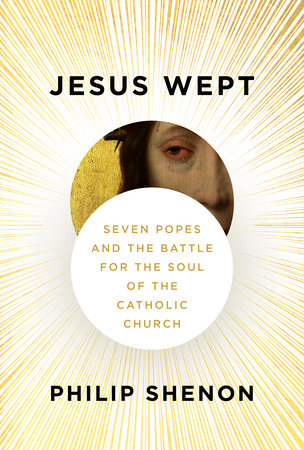
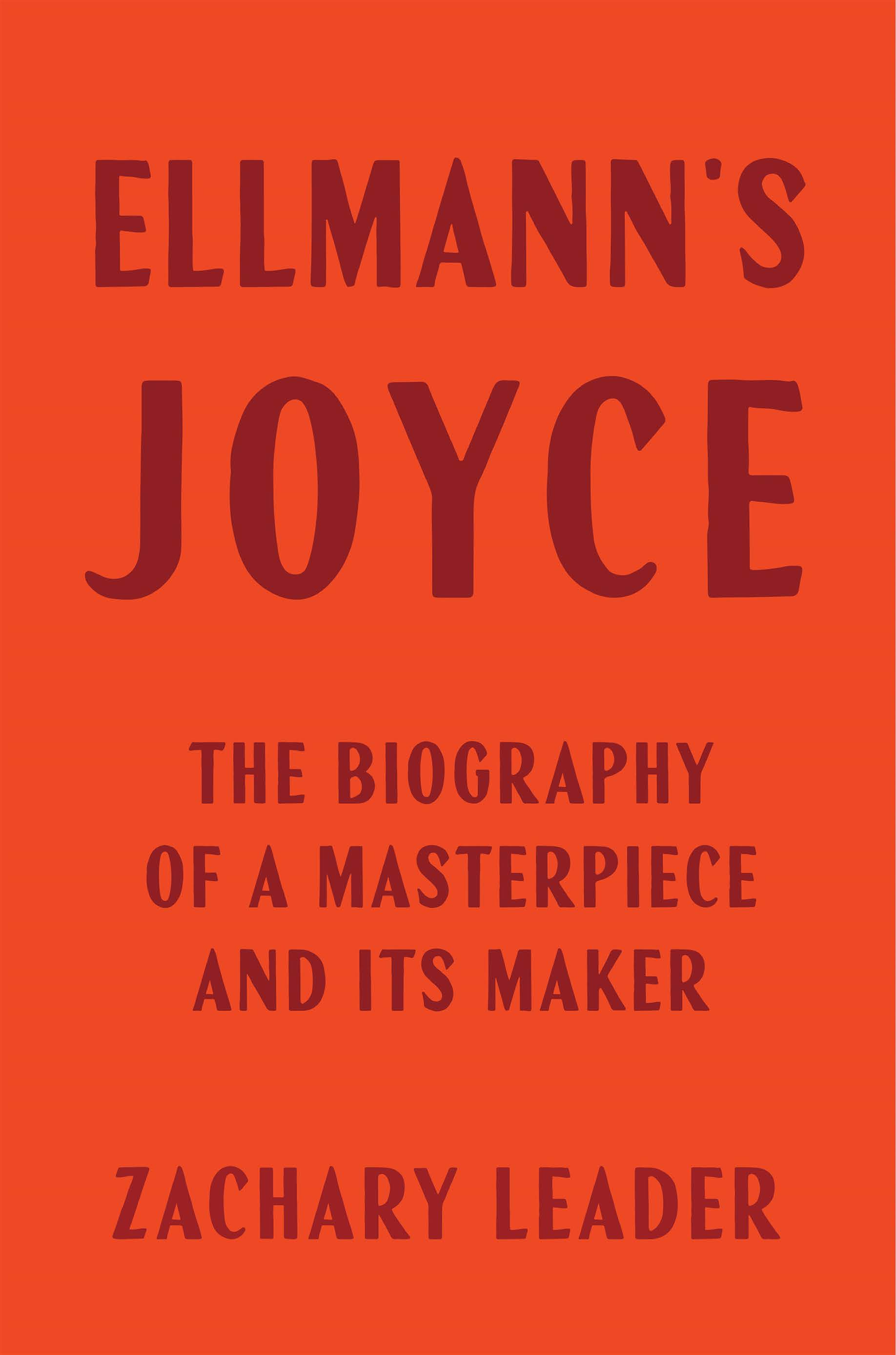

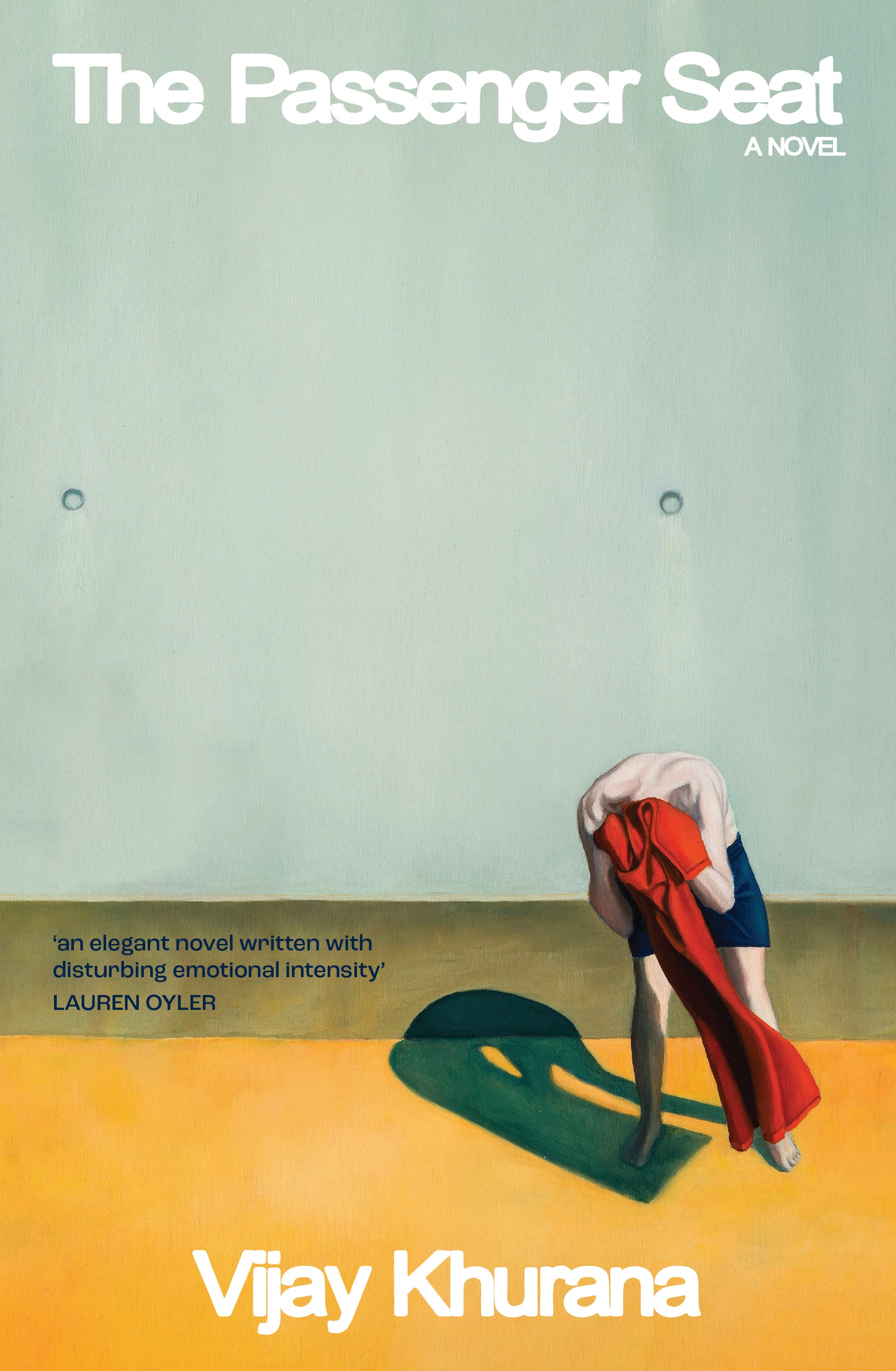

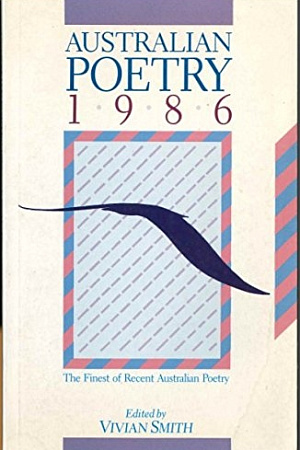

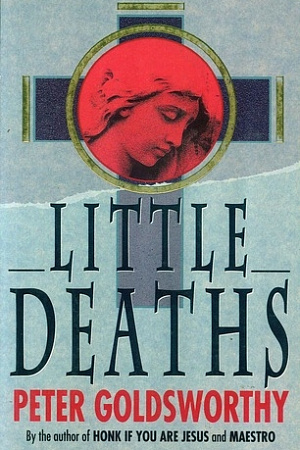




Leave a comment
If you are an ABR subscriber, you will need to sign in to post a comment.
If you have forgotten your sign in details, or if you receive an error message when trying to submit your comment, please email your comment (and the name of the article to which it relates) to ABR Comments. We will review your comment and, subject to approval, we will post it under your name.
Please note that all comments must be approved by ABR and comply with our Terms & Conditions.